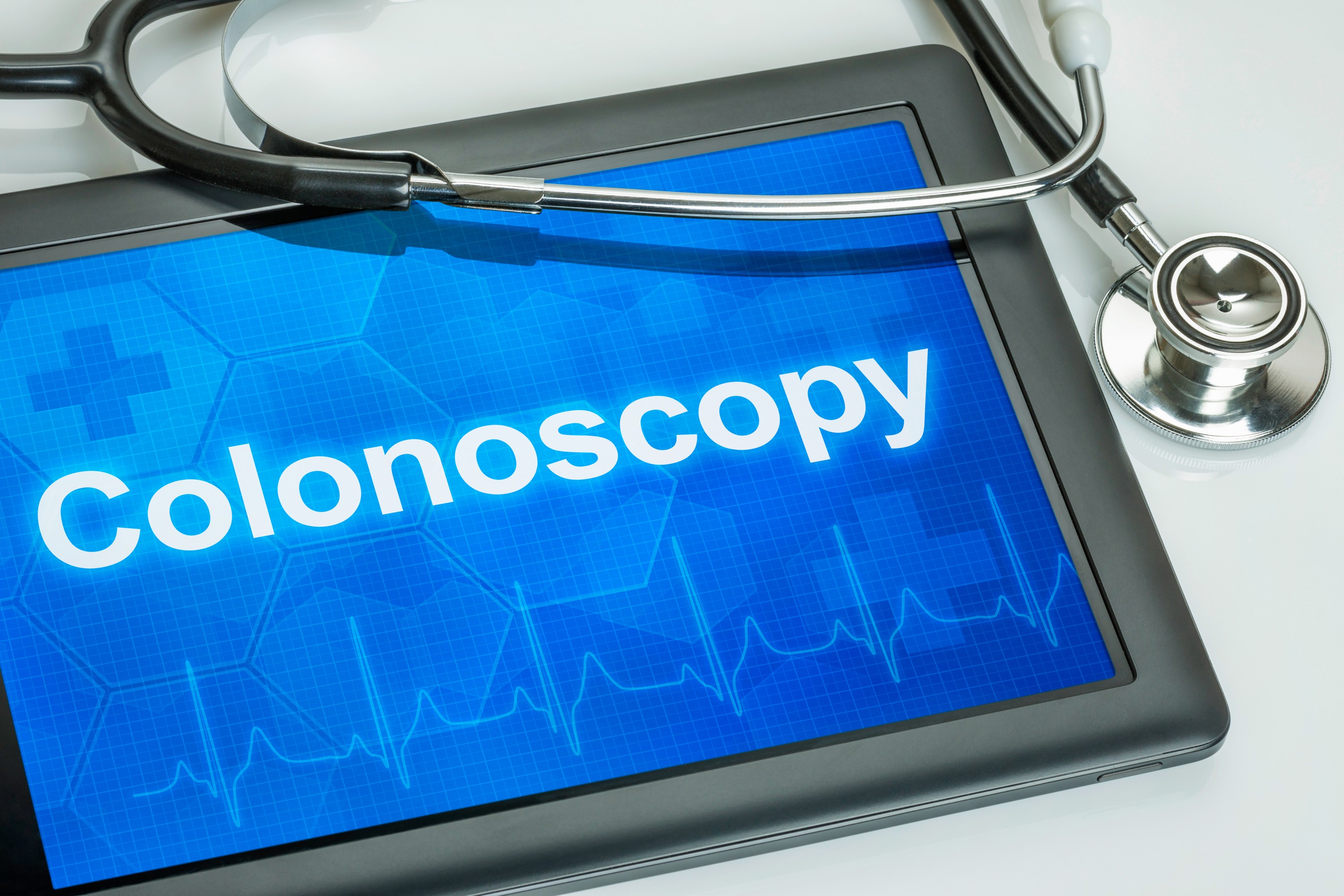
While many people are aware that colorectal screening typically begins at age 50, some are not taking the step to go in for the potentially lifesaving test.
Colorectal cancer is the third most commonly diagnosed cancer and the second leading cause of cancer death in the U.S., yet it has a 90 percent cure rate when detected early, according to the American Cancer Society.
During Colorectal (Colon) Cancer Awareness Month, UConn Health gastroenterologist Dr. Ethan Bortniker discusses what steps you can take to lower your risk.
Q. Who gets colorectal cancer?
Both men and women can get colorectal cancer and it’s most often found in people 50 or older. The risk increases with age. Your risk for colorectal cancer may be higher if you or a close relative have had colorectal polyps or cancer, inflammatory bowel disease, or you have a genetic syndrome such as familial adenomatous polyposis (FAP) or hereditary nonpolyposis colorectal cancer.
Q. What are the symptoms?
Some people have no signs or symptoms of colorectal cancer. However, if there are symptoms, the most common are blood in or on your stool; stomach pain, aches or cramps that don’t go away; or unexplained weight loss. If you are experiencing any of these symptoms, you should contact your physician right away.
Q. What are the screening options?
There are several screening test options, such as:
- Colonoscopy once every 10 years;
- High-sensitivity fecal occult blood test, stool test, or fecal immunochemical test every year;
- Sigmoidoscopy once every five years, with fecal occult blood test every three years.
Colorectal cancer has a 90 percent cure rate when detected early. — American Cancer Society
Getting screened is the number one way to prevent colorectal cancer. Although there are other screening tests, a colonoscopy is the best available tool that allows physicians to find abnormal growths in the colon and rectum, so they can be removed before they turn into cancer. Colonoscopy can also detect cancer early, when treatment is more effective. UConn Health offers an advanced colonoscopy that allows physicians to visualize even the smallest polyps within the colon.
The recommendation is to start getting screened for colorectal cancer at age 50, however with other risk factors such as a family history of colon cancer, screening may be recommended at an earlier age or performed more frequently. You should speak to your physician about when to begin colorectal screening.
Q. What else can I do to prevent colorectal cancer?
A. Although screening is the most effective way to prevent colorectal cancer, the following recommendations can also keep you healthy:
- Be physically active;
- Maintain a healthy weight;
- Eat a healthy diet;
- Don’t drink too much alcohol;
- Don’t smoke.
Also if you have had polyps, following the recommendation of your physician for follow-up colonoscopy is the most important thing you can do to prevent colorectal cancer.
Q. Are there any new tests on the horizon?
A. Researchers are learning more about the ways the bacterial make up of our GI tract affects our risk of diseases including colorectal cancer. In the future, it may be possible to assess bacterial profiles and even modify them to lower risk.
Join Dr. Bortniker and learn more about colorectal cancer prevention at the Discovery Series on Tuesday, March 15, 7 p.m., Keller Auditorium.



